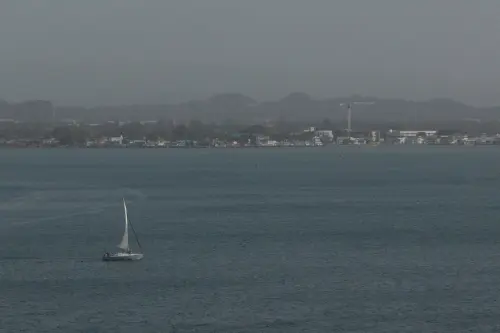Introduction
The Development Bank of Latin America and the Caribbean (CAF) has announced a significant increase in its investments aimed at protecting ocean ecosystems and promoting sustainable marine economic activities.Context
CAF has already surpassed its previous funding commitment of $1.25 billion scheduled for the years 2022-2026. This initial investment focused on enhancing marine protected areas and supporting small-scale fisheries, demonstrating the bank's ongoing commitment to ocean conservation.Developments
The bank's new commitment of $2.5 billion will be allocated between 2025 and 2030. This funding will focus on several key areas:- Low-carbon maritime transport
- Restoration of damaged ocean ecosystems
- Sustainable tourism
Next week, a U.N. Oceans conference in Nice, France, will seek to strengthen global commitments to ocean protection, including the ratification of a treaty designed to safeguard ocean biodiversity—an agreement that many of the 116 countries that signed it have yet to ratify.
Oceans play a critical role in trade, food security, and employment for coastal communities while also maintaining global climate systems. However, funding aimed at preserving these vital functions has been woefully inadequate. According to the U.N., investments in ocean health amounted to just $10 billion from 2015 to 2019, a stark contrast to the $175 billion needed annually.
CAF's ongoing ocean funding initiatives also involve managing illegal fishing and financing projects related to wastewater treatment and storm drainage to mitigate flood damage. Moreover, oceans are essential in combating climate change, absorbing approximately 30% of CO₂ emissions. Yet, rising ocean temperatures pose a threat to their capacity to continue this function.
